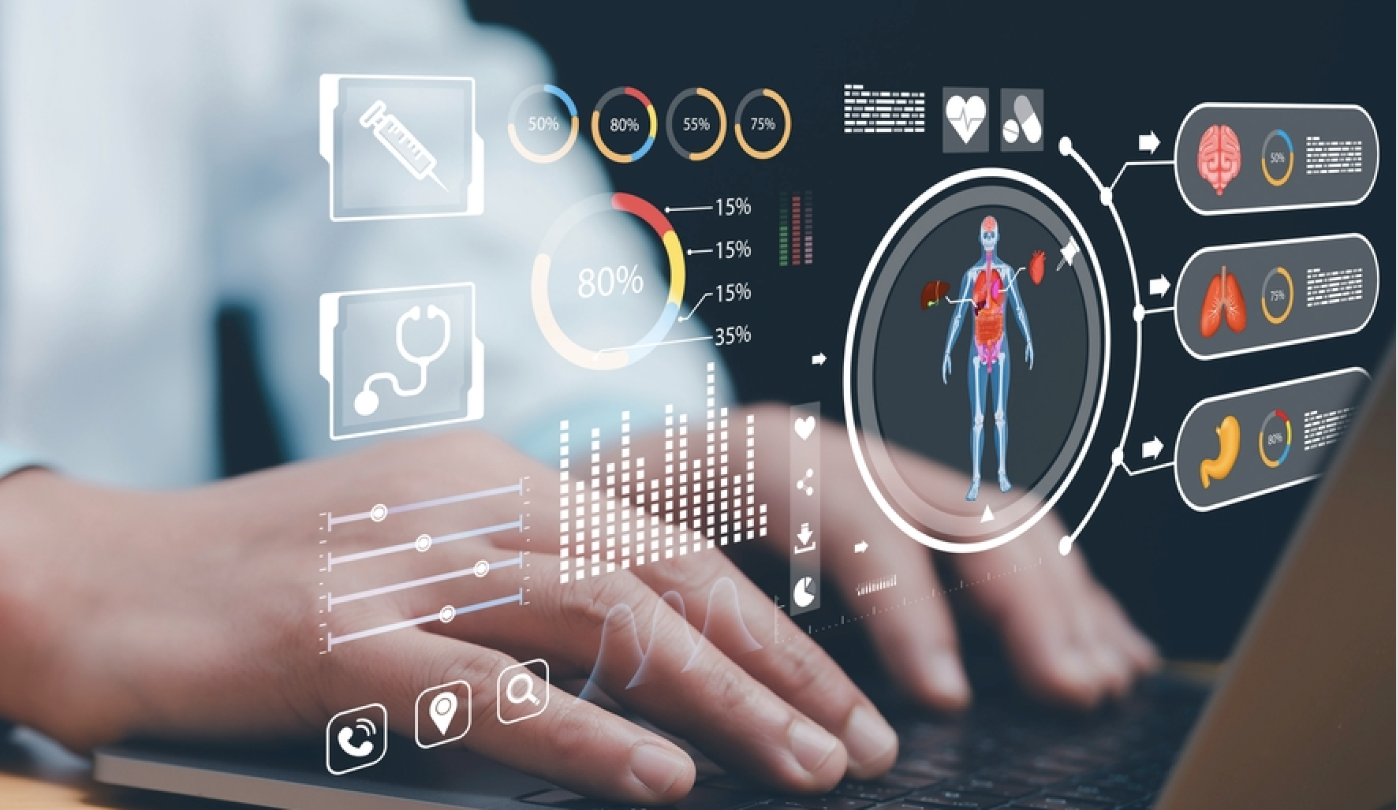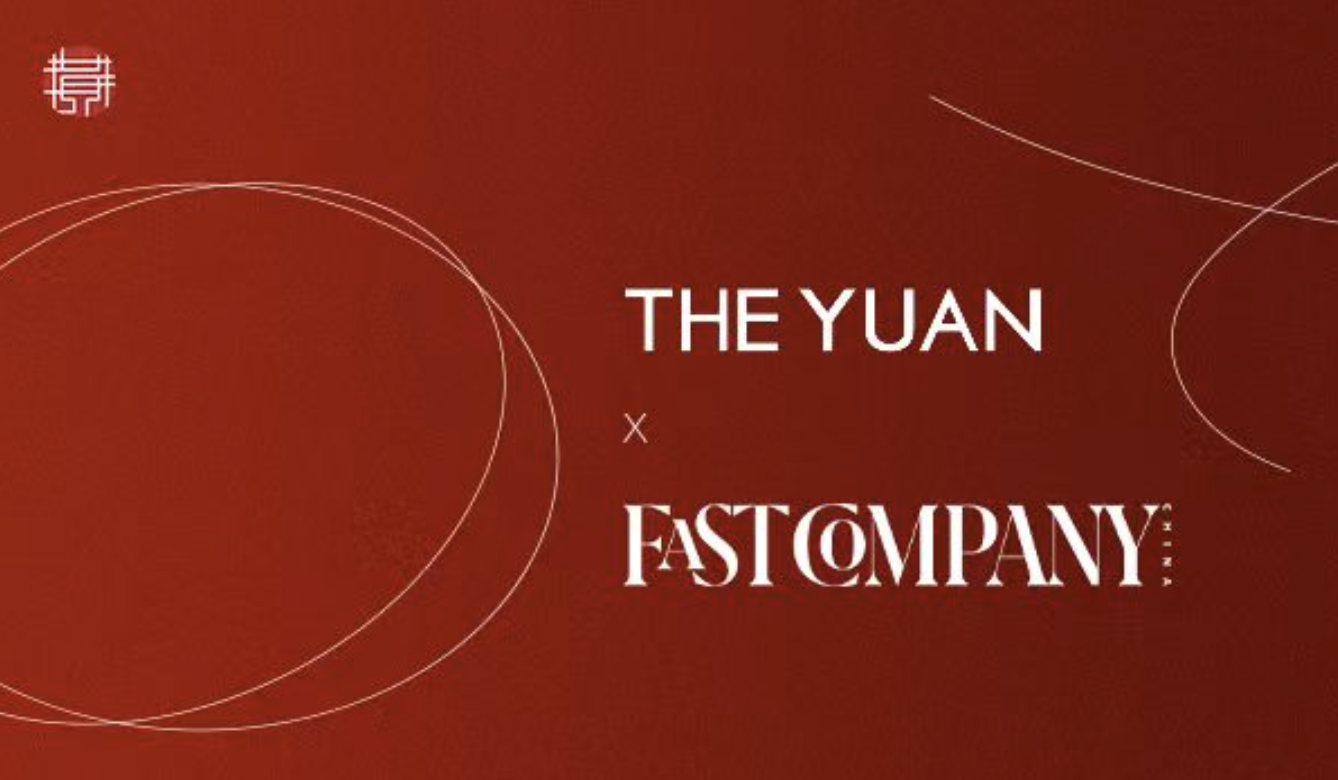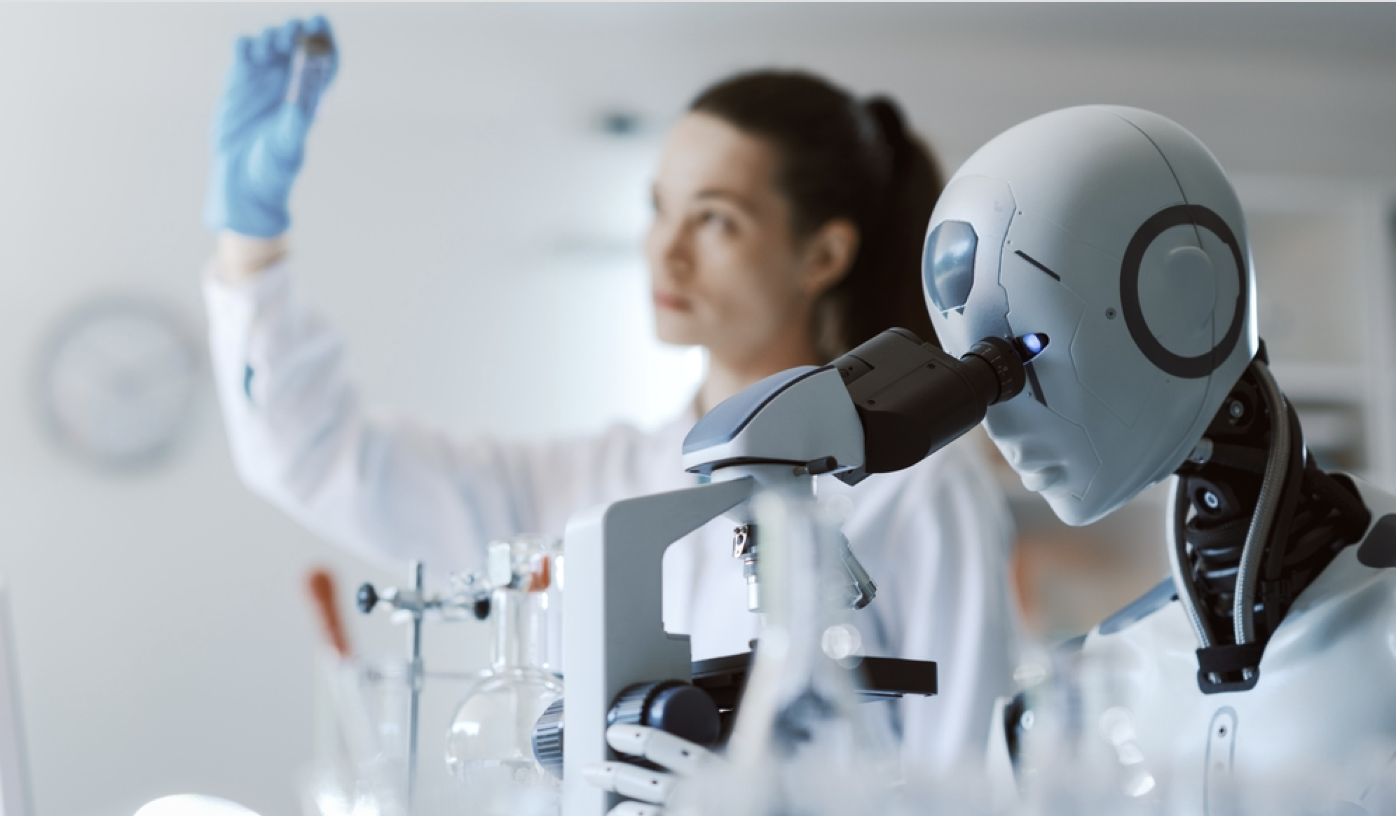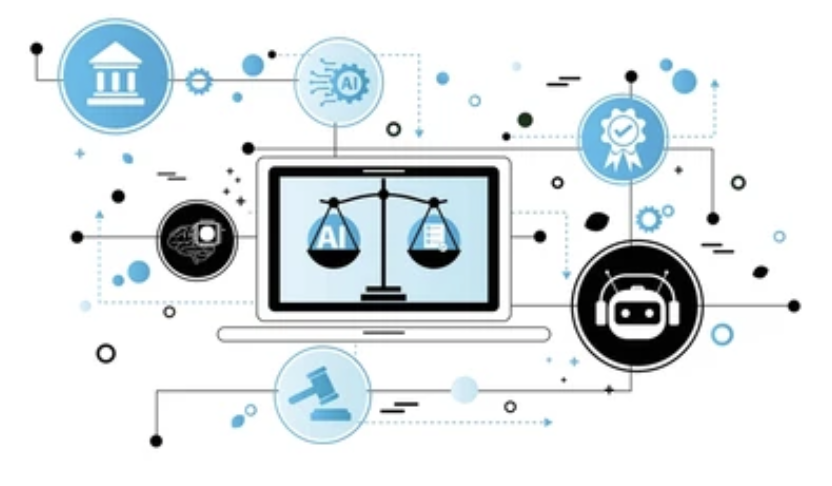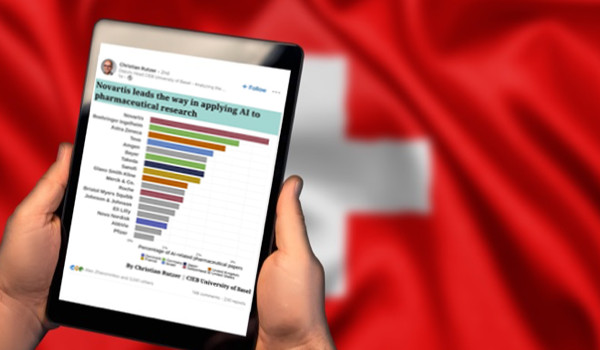


CAMBRIDGE, UK - The world’s advanced economies are currently undergoing dual structural transformations that will change every aspect of people’s lives, from how they work and do business to how markets are regulated.
The most notable of these transformations is digitalization, which has been so ubiquitous over the past 25 years that, in today’s world, referring to the ‘digital economy’ sounds as odd as talking about the ‘electricity economy.’ To be sure, this digital shift is still incomplete: Relatively few companies currently use cutting-edge artificial intelligence (AI) technologies. However, billions around the world already use AI-powered tools like chatbots and online translation every single day.
The other transformation is the shift to a carbon-neutral economy, which will upend the energy, construction, transport, and manufacturing industries, as well as numerous other sectors. The fall in renewables prices, which is already happening more quickly than the declines in computer prices in previous decades, is a strong indicator that this transition is well underway. With renewable power now significantly cheaper than fossil-fuel energy, the pace of decarbonization is set to accelerate even further.
These technological shifts raise many policy questions, especially with antitrust enforcement. The view prevailing among economists for four decades has been that the roles of the private and public sectors
The content herein is subject to copyright by Project Syndicate. All rights reserved. The content of the services is owned or licensed to The Yuan. The copying or storing of any content for anything other than personal use is expressly prohibited without prior written permission from The Yuan, or the copyright holder identified in the copyright notice contained in the content. Continue with Linkedin
Continue with Linkedin
 Continue with Google
Continue with Google
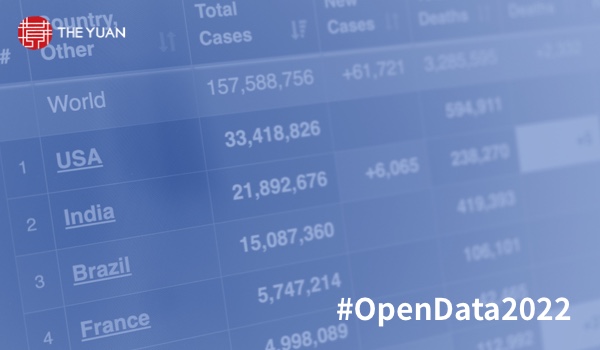
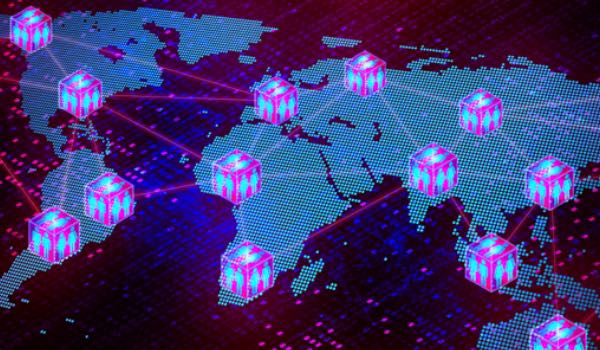








 1036 views
1036 views

